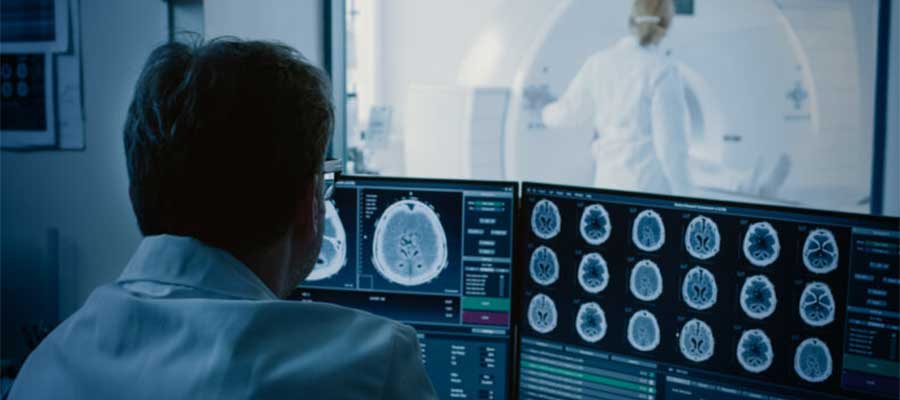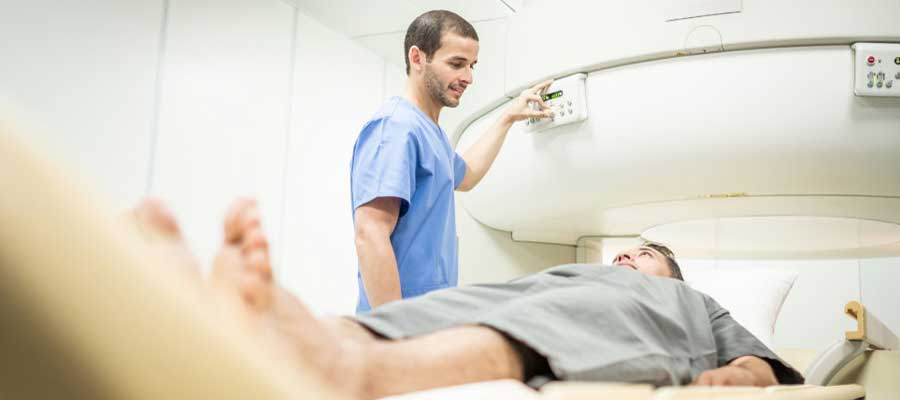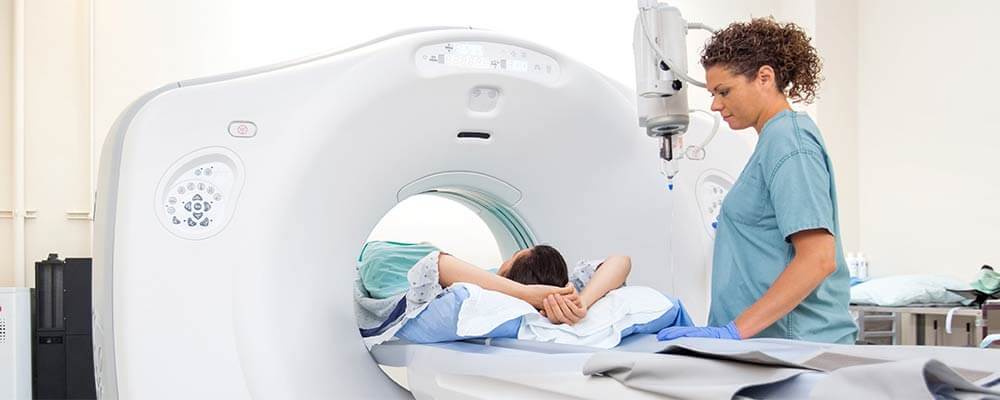MRI technologists are in demand now more than ever, yet many people still don’t fully understand what these professionals do. If you’re exploring career options in healthcare and want a stable role that blends technology with patient care, enrolling in MRI online programs is a smart way to get started.
Hospitals and imaging centers rely on technologists to keep scanners running around the clock. With growing demand, students and career changers are beginning to see the potential of this field, and competition is slowly increasing. The best way to stand out is to gain a solid foundation through an accredited program that provides both theoretical knowledge and clinical training.
The Responsibilities of an MRI Technologist
It’s easy to think of MRI technologists as simply “machine operators,” but the reality is much more complex. They play a vital role in healthcare by balancing technical expertise with patient interaction.
-
Preparing patients for scans: One of the first responsibilities is ensuring patients are ready for the procedure. This includes explaining the process, answering questions, and helping them feel comfortable. Anxiety is common before an MRI, so technologists must use clear communication and reassurance to ease fears.
-
Machine calibration: Before each scan, technologists set up or calibrate the scanner to fit the patient’s needs. In some cases, contrast dye is injected to produce clearer images. Proper calibration ensures that results are accurate and usable for physicians.
-
Patient positioning: Correct positioning inside the scanner is essential. Poor placement can lead to blurry or incomplete images, which may require a repeat scan. Not only does this waste time, but it can also cause unnecessary stress for the patient.
-
Safety checks: Technologists are trained to identify potential risks, such as implants or medical devices that may react to the scanner’s powerful magnetic field. Preventing complications is just as important as capturing good images.
-
Operating the scanner: Once everything is in place, technologists run the scan according to the doctor’s instructions. The images produced are critical for diagnosing conditions ranging from spinal injuries to neurological disorders.
Every step requires focus, training, and attention to detail. A single mistake—whether in positioning, calibration, or safety screening—can compromise the results and delay treatment.
A Day in the Life of an MRI Technologist
Most technologists spend much of their shift on their feet. In hospitals, they may rotate between emergency cases, scheduled appointments, and even late-night scans. Others work in outpatient clinics or diagnostic centers, where hours are often more predictable.
Regardless of setting, the work involves constant interaction with patients and teamwork with other healthcare providers. For example, a technologist may spend one hour calming a nervous child before a scan and the next carefully documenting images for a neurologist’s review. Flexibility and strong communication skills are just as important as technical know-how.
The job may not be as demanding as a physician’s, but it comes with its own set of responsibilities that require preparation and training.
How MRI Online Programs Prepare You
For anyone interested in joining the field, education is the first step. MRI online programs are designed to teach both the technical and interpersonal skills required to succeed.
-
Coursework: Students learn MRI physics, anatomy, and imaging principles through structured modules. These lessons explain how the scanner works and how different tissues appear on images.
-
Safety protocols: Programs emphasize the importance of patient screening, infection prevention, and emergency procedures.
-
Patient communication: Students practice strategies for making patients comfortable and explaining procedures clearly.
-
Clinical training: Accredited programs include hands-on externships where students work with licensed technologists in real clinical environments. This bridges the gap between theory and practice, ensuring graduates are job-ready.
At Pulse Radiology Institute, for instance, students gain access to a nationwide network of clinical sites. Paired with experienced mentors, they receive real-world training that complements online coursework. By the time they graduate, they’re prepared not only to sit for certification exams but also to step into the workplace with confidence.
Becoming an MRI technologist isn’t about memorizing textbooks or learning how to press buttons—it’s about developing the skills, confidence, and judgment to contribute meaningfully to patient care. From safety checks to patient comfort, every step requires training that goes beyond the basics.
That’s why starting with accredited MRI online programs is so important. They give you the flexibility to study on your schedule, the resources to master technical knowledge, and the clinical opportunities to apply what you’ve learned.
If you’re ready to begin a career that blends technology, patient care, and long-term stability, Pulse Radiology Institute is here to help. With online coursework, mentorship, and nationwide clinical training, our programs provide everything you need to become a skilled MRI technologist.





